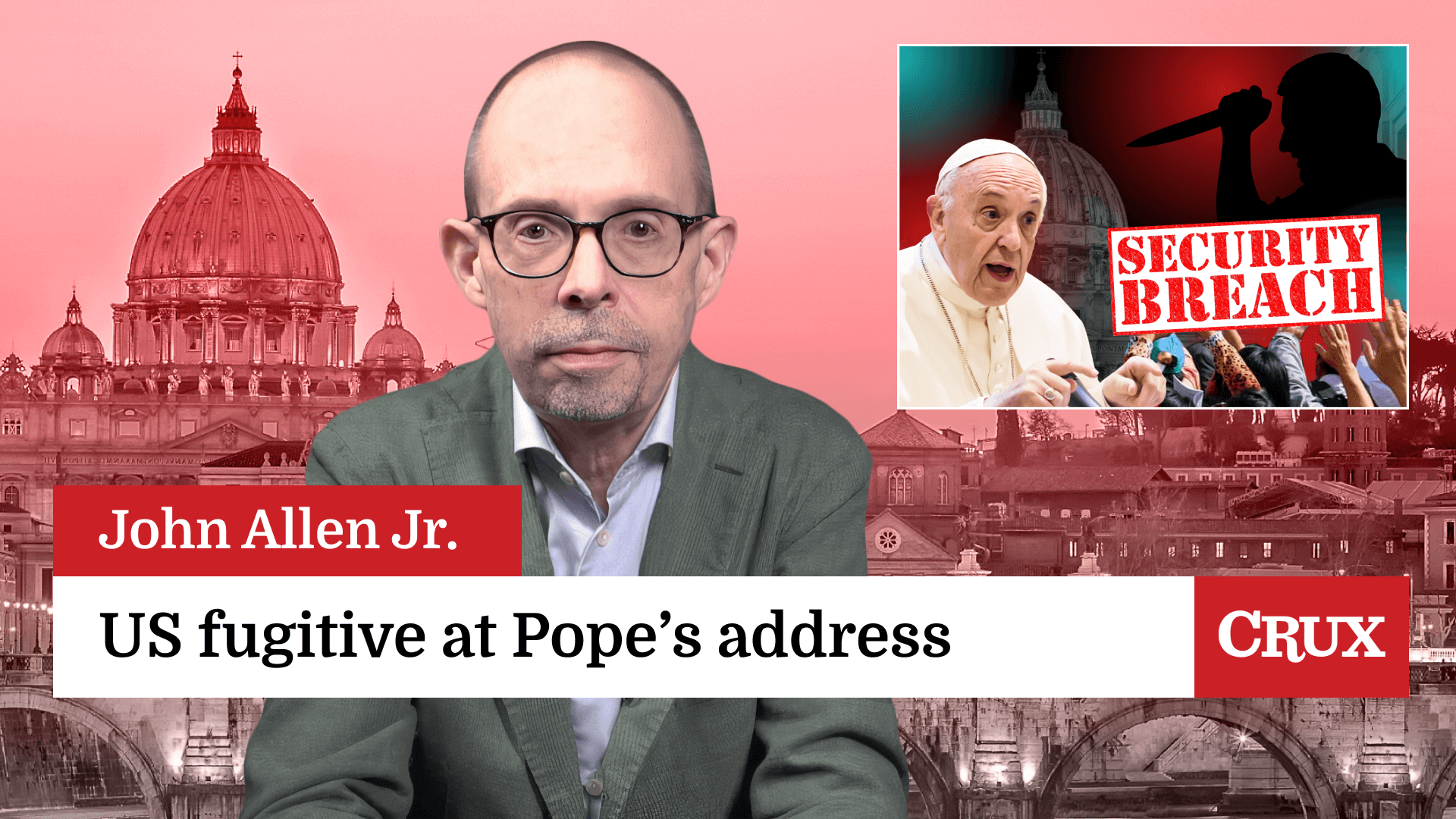“To every thing there is a season, and a time to every purpose under the heaven.”
– Ecclesiastes
For a long time, I believed the story that said who I was and what I’d achieved in life was entirely the result of hard work, discipline, and intelligence, with a bit of luck thrown in. Some days you get bread; others, a lump of cold dough.
But somewhere along the line, life got my attention in ways that were far larger than my capacities to confine it inside a narrative of security and success. My younger brother died a violent death, my father died of cancer, and the following spring my best friend, in her early 40s, followed. And these are just the highlights.
Suddenly, simple things -– things like stones, bread, water — took on a wholly new significance. I looked for meaning in places I hadn’t considered before, with the dim but growing recognition that there was within me a wholly other life that had dwelled up to then in a state of abject neglect and hiddenness. Because most everyone and everything I had loved up to then had died or disappeared, I was ready to listen.
To anyone who knows what they are looking at, this is, of course, the story of a spiritual awakening. At the time, it felt like the end of life as I’d known it.
As a child, of course, I had learned about those long-ago children who’d entered convents at 13, or received sightings or stigmata by 20. These tales were alluring to me. Who were these small humans who’d been gifted with such favor?
We now know that instances of child-prodigy saints are relatively rare, products of religiously-suffused cultures. The modern understanding is that midlife spiritual awakening is the more common occurrence. Dante had his dark wood; St. Paul, his flash on the Damascus road. St. Augustine heard his summons in the play of children outside his window. The Franciscan, Richard Rohr, in his excellent book, Falling Upward, [Jossey-Bass, 2011] calls this a natural progression from the externally-focused achievements of “the first half of life” to the inevitable epiphany that success has often come at a price, and that we must restore the elements of our beings that we set aside, if we are to move toward full personhood in life’s “second half.”
For a long time, modern culture had lost the languages we once possessed to help people make sense of these dramatic inner events. Adults who entered the dark wood, or woke from life-changing dreams, or were stopped breathless by a totally out-of-bounds joy one sunrise, either buried the memory and sank into inexplicable depression, had an affair, or drank more. Or all of the above.
The astonishing good news is that we live in a time of spiritual renewal in all of the major faith traditions — what the religious writer Phyllis Tickle has called “The Great Emergence.” We are discovering lost spiritual wisdom and ancient practices to guide us in a complex and secular time. Deep new understanding of the psychological elements of spiritual maturity are opening wide our avenues of exploration and growth. Religious publishing is the fastest growing segment of the industry. Retreat houses and spiritual direction are close at hand and abundant, wherever you live.
St. Paul, Augustine, and Dante set down the account of their spiritual journeys, to our unending benefit. They describe with great accuracy what the trip entails. At a certain point, you find yourself stripped clean, dismantled of the corrosive excesses and debris that have passed for life, and are slowly reassembled into a new self whose harmonies are never perfect, but are informed by deep reflection and intent. Life becomes a matter of attention, gratitude, practice. One step forward, one step back, one day at a time. You gather insights, you listen for the voice of wisdom, you learn to respect the life of dreams and unexpected teachers. What once seemed necessary no longer is; what once was expendable — like prayer and silence — becomes essential.
Today there are fresh voices and teachers bringing the rich and sonorous traditions into new ways of “becoming” that many regard as the presence of the spirit at work in the world.
Much ink has been spilled recently over the connection between incendiary religious beliefs and violence. But the journey that I have been on for a quarter of a century, the work that I do today, the people I eat, have coffee, and pray with, are not interested in holy wars — except to pray for their cessation. They are about the journey of personal transformation, of alignment between their inner values and their public life, and of learning to direct their best energies in service to something infinitely larger, even, than death: the healing and transformation of life on earth.
Stay tuned.
Kathleen Hirsch is an adjunct professor at Boston College, spiritual director at Bethany House of Prayer in Arlington, Massachusetts, and a retreat leader. She has written three books and edited a fourth, and has written for The Boston Globe, New York Times, Washington Post, and Christian Science Monitor, among other publications.

















